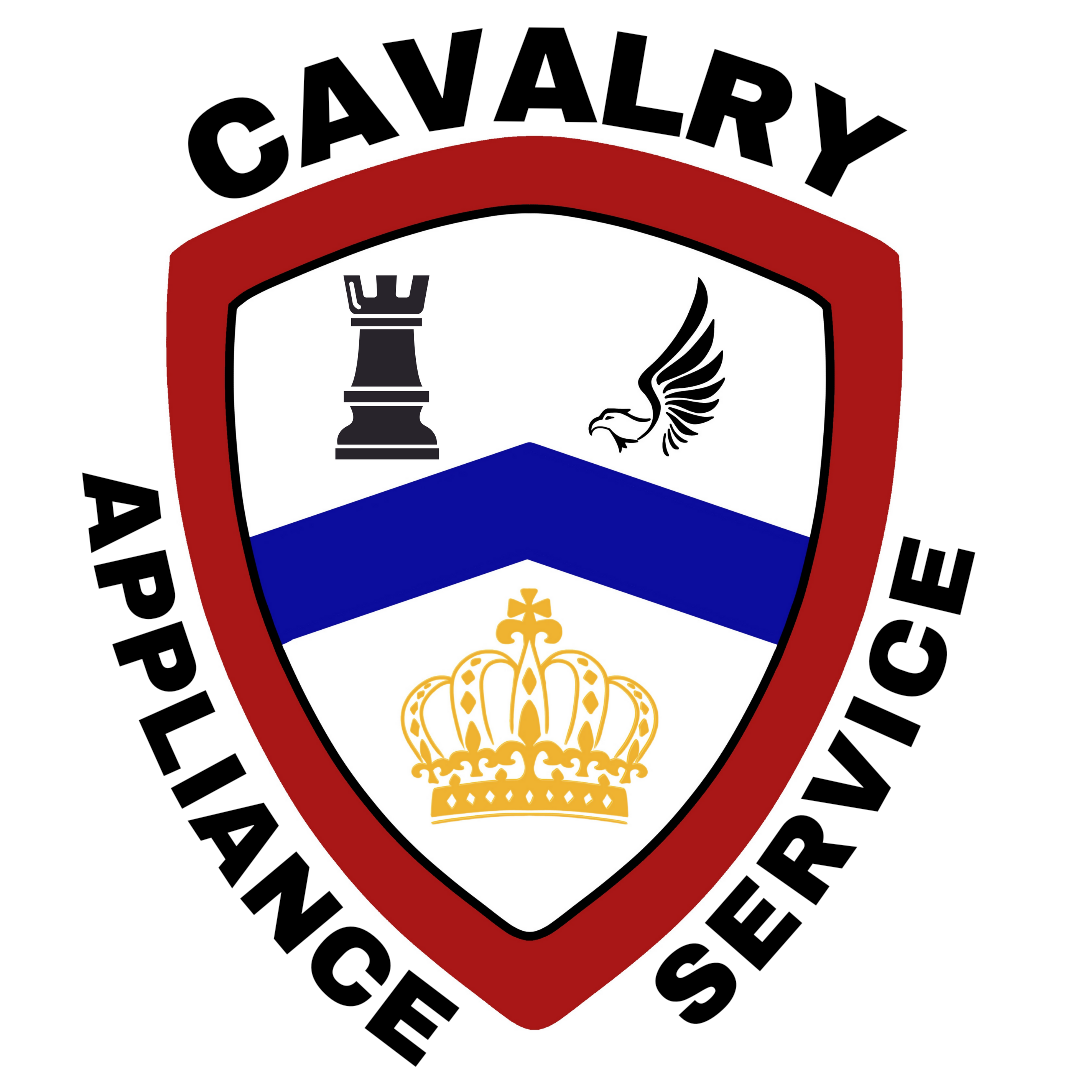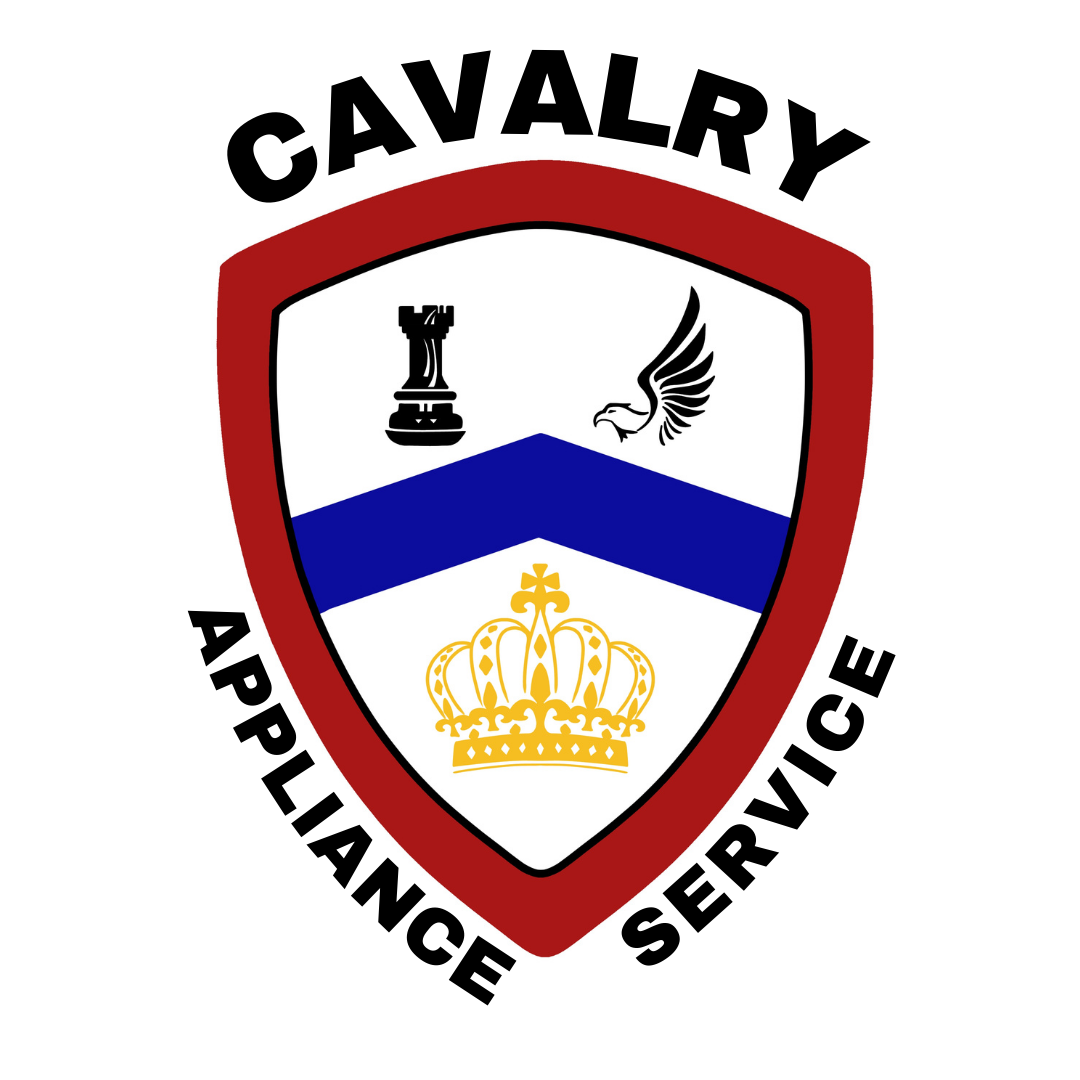Is That Smell Normal? A Guide to Strange Gas Stove Odors
Concerned About That Weird Stove Smell? Here's What You Need to Know
If you've ever walked into your kitchen and thought, “What is that smell?” and it’s coming from your gas stove, you’re not alone. Gas stoves offer great cooking control, but sometimes they produce odors that could mean something’s not right.
Understanding what those smells mean can keep your family safe and your stove running like new.
Understanding the Different Types of Stove Smells
🥚 Rotten Eggs or Sulfur Smell
Take action immediately. This smell is created by mercaptan, a chemical added to natural gas to help you detect leaks.
What It Means:
You may have a gas leak. This is serious and dangerous.
What To Do:
Don’t turn on lights or appliances
Open windows right away
Leave your home
Call your gas company or 911 from outside
🔥 Burning or Metallic Smell
This could mean something is overheating or burning under your stove top.
What It Means:
Food debris or grease may be burning
Some internal components may be too hot
What To Do:
Turn off the burner
Let everything cool down
Clean the area thoroughly
If the smell lingers, call a technician
🧪 Chemical or Paint-Like Smell
Smells like paint or chemicals? It could just be your new stove breaking in—or a reaction from nearby cleaners.
What It Means:
New stove coatings burning off
Cleaning products too close to the heat
What To Do:
Let a new stove “burn in” for a few uses
Store cleaners far from heat sources
Ventilate your kitchen while cooking
🔥 Gas Smell Only When Operating
If you smell gas only when the burners are on, the ignition system may be misaligned.
What It Means:
Gas may be escaping without fully burning.
What To Do:
Check burner cap alignment
Clean igniters
Call in a professional if it persists
🛢 Kerosene-Like Smell
Did you recently paint, stain, or caulk anything nearby?
What It Means:
Chemical vapors may be reacting with open flames.
What To Do:
Open windows for airflow
Wait until materials fully dry
If unsure, call us for an inspection
Real Customer Stories
Cleaning Gone Wrong:
One client had a pro cleaning crew come in. Afterward, their stove wouldn’t stop sparking. We found the switch shorted out from overuse of cleaning products. A fan and a few hours later, it was back to normal—no parts replaced.
Ignitor Issues:
Another customer complained of gas smells and popping noises. Diagnosis? An aging ignitor. We replaced it the same day.
Three Key Steps for Gas Stove Safety
Trust Your Nose
Smells are often your first warning sign.Clean Regularly
Burned food and grease are fire risks and can damage your stove’s finish.Call the Pros
When in doubt, let an expert take a look.
At Cavalry Appliance Service...
We’re here to make your kitchen safer. With expert technicians and fast response times, we’ll help you handle any stove issue, big or small.
Cheers,
Your Cavalry Appliance Team

